Latest News
EGDF: UNITY’S INSTALL FEES ARE A SIGN OF LOOMING GAME ENGINE MARKET FAILURE
Step by step, video game engines are becoming key gatekeepers of European cultural and creative sectors. Currently, Unity dominates game engine markets, Unreal being its primary challenger. These two engines are not just clear market leaders in the game industry but increasingly vital market actors in film, architecture, and industrial design and simulations. In 2022, Unity reported that globally, 230,000 game developers made and operated over 750,000 games using the Unity Engine and the Unity Gaming Services portfolio of products.
Unity’s new fee structure is going to have a drastic impact on the game industry.
Over the years, the Unity game engine has reached close to unofficial industry-standard status in some game markets. Its well-designed tools and services have lowered the market access barriers in the game industry. Furthermore, it has played a crucial role in removing technological barriers to cross-platform game development. Now, Unity has informed the game dev community that it will move from subscription-based fees to subscription and install-based fees, which will significantly increase the game development costs for most game developers relying on their services. EGDF finds it unfortunate that Unity has significantly damaged its reputation as a reliable and predictable business partner with these sudden and drastic changes in its pricing principles.
Bigger game developer studios have the luxury of being able to develop their own game engines. Consequently, market uncertainty and significantly increased service provider risks caused by Unity’s new fee structure will hit, in particular, SME game developers. It will be much harder for them to build reliable business plans, make informed decisions on game engines, and run a profitable business. Many of these studios struggled to access risk funding before Unity’s announcement, and it has only worsened their situation.
Unity’s decision will have a broader impact on the whole game industry ecosystem. Many professional game education institutions have built their curriculum on the Unity game engine. If Unity’s new pricing model starts a mass exodus from Unity’s engine, it will lead to rapid changes in professional game education itself and place many young industry professionals who have built their career plans on mastering Unity’s tools in a very difficult position.
Although Unity’s decision will cause significant challenges for the industry, EGDF kindly reminds that instead of focusing on blaming individual Unity employees for the changes, it is far more productive to focus on taking measures that increase competition in game engine markets.
Unity’s anti-competitive market behaviour must be carefully monitored, and, if required, the European competition authorities must step in.
Unity is an increasingly dominant market player in the game markets. According to Unity’s own estimate, in general, 63% of all game developers use its game engine. The share can be even higher in some submarkets. Unity estimates that 70% of top mobile games are powered by its engine. Unsurprisingly, Unity’s game engine is now a de facto standard in mobile game markets to the extent that whole formal professional game education degree programmes have been built on training its use. However, Unity’s market dominance is not just based on the quality of its game engine. It is also an outcome of aggressive competition practices and systematic and methodological work of making game developers dependent on Unity services.
How Unity bundes different services together potentially distorts competition in game middleware markets. Over the years, Unity has, step by step, bundled its game engine more and more together with other game development tools under the Unity Gaming Services portfolio. Unity is not just a game engine; it is also a player sign-in and authentication service, a game version control tool, a player engagement service, a game analytics service, a game chat service, a crash reporting tool, a game ad network, game ad mediation tool, an user acquisition service and in-game store building tool. This creates a significant vendor lock risk for game developers using Unity services. It also makes it difficult for many game middleware developers to compete against Unity and, all in all, significantly strengthened Unity’s game engine’s market position compared to its rivals.
Now, Unity is strategically using install fees to deepen the lock-in effect by creating a solid financial incentive to bundle other Unity services even closer to its game engine: “ Qualifying customers may be eligible for credits toward the Unity Runtime Fee based on the adoption of Unity services beyond the Editor, such as Unity Gaming Services or Unity LevelPlay mediation for mobile ad-supported games. This program enables deeper partnership with Unity to succeed across the entire game lifecycle.” This will, of course, drastically impact Unity’s direct competitors.
Unity’s install fees are an excellent example of Unity’s potentially anti-competitive market behaviour. It is clear that if Unity’s pricing model had, in the past, been similar to the now-introduced model, it would likely never have achieved the level of dominance it enjoys today, as more developers would have chosen another alternative in the beginning.
The fact that Unity’s new install fees are only targeted at video games and do not apply to other industries logically leads to a question: Is Unity setting prices below cost level at different market segments, or is Unity charging excessive prices in game markets? Furthermore, does the fact that Unity is now introducing an install fee on top of the licensing fee mean that licensing fees have before been below cost level? Or does the introduction of install fees on top of the licensing fees of their game engine allow them to provide other, lock-in generating, services below cost level?
In the end, Unity has built its dominant position in game markets for years and systematically made game developers more dependent on it. It is a good question if Unity has now crossed the line of abusing its market dominance on weaker trading parties that deeply depend on its services. Game productions can take years, and game developers cannot change their game engine at the last minute, so they are forced to accept all changes in contract terms, no matter how exploitative they are. Unity must know that if they had given more notice, many more developers might have had a realistic chance of abandoning Unity altogether by the time the new pricing came into play.
The new install fees will limit game developers’ freedom to conduct business as it pushes them to implement Unity ad-based business models even in games that otherwise would not have ad-based monetisation. Furthermore, this will create a competitive disadvantage for those game distribution platforms that do not use ad-based monetisation at all (e.g. subscription services and pay-per-download games), as Unity is de facto forcing them to increase their consumer fees compared to channels that allow the use of Unity’s ad-based monetisation tools.
The new install fees will likely lead to less choice for consumers. Install fees will allow Unity to extract value from games that generate a lot of installs through, e.g. virality, but do not necessarily generate money. Install fees will lead to markets where game developers want to limit the downloads and try to avoid installs from the wrong players. This can potentially kill part of the game market. For example, indie developers that have an unfortunate mix of being a success on the number of installs but that are struggling to generate revenue, or hyper-casual game studios based on combining a huge install base with minuscule revenue generated per game.
In the long run, the EU needs to update its regulatory framework to answer the challenges caused by dominant game engines.
Unity’s install fees demonstrate why the EU needs a new regulatory framework for unfair, non-negotiable B2B contract terms. Contract terms Unity has with game developers are non-negotiable. With the new non-negotiable install fee, European game developers have to either withdraw their games from markets, increase consumer prices or renegotiate their contracts with third parties. For example, if a game memory institution makes games available for download on their website, a game developer studio must now ask for a fee for it or ban making European digital cultural heritage available to European citizens. The three-month time frame Unity is providing for all this is not enough.
The Commissions should introduce a specific regulation for non-negotiable B2B contract terms. The regulation should provide sufficient time (e.g. in a minimum, six months) for markets to react to significant changes in non-negotiable terms and conditions that a service provider has communicated to their business users in a plain, clear and understandable manner (e.g. now it is unclear how Unity counts the installs). Furthermore, the Commission should bring much-needed market certainty by banning retroactive pricing and contract changes.
The Commission should include game engines in DMA. While reviewing the recently adopted Digital Markets Act (DMA), the Commission should consider lowering the B2B user thresholds and adding gatekeeper game engines under its scope. This would, for example, ensure that Unity cannot use data it collects through its game engine to gain an unfair competitive advantage for its other services like advertisement services.
The Commission should increase its R&D support for the European game industry. The fact that there is no major competitor for Unity Engine that does not require constant back-end server connection is a market failure in itself. The Unity Game engine is not fully scalable because Unity has built its engine in a way that it calls home every time it is installed to report instals for Unity. Consequently, the Commission should strengthen its efforts to support the emergence of new European game technology and business service providers. In particular, the Commission should increase its support for privacy-friendly open-source alternatives for game engines, like for example Godot or Defold or similar, that do not require constant back-end server connection and thus have no need for scalable revenue-based fees or install fees.

Latest News
The anatomy of a high-performing iGaming platform: a guide from Slotegrator
Slotegrator, a gambling solutions provider and game aggregator, has released new downloadable material about the key components of a successful online casino platform. The guide includes practical checklists to help beginners set up platforms from scratch and experts enhance their projects.
In the iGaming industry, a project’s long-term success depends on the power and versatility of its platform. But that platform can’t be based on any old software; just like how you can’t have a car without four wheels and an engine, there are vital components to an online casino platform.
So what are they?
Let’s start with first impressions. The frontend is the “face” of a platform. Almost 75% of players judge a gambling website based on its appearance, and 88% of users won’t return after a negative experience.
Key frontend elements include:
- Branding (visitors should understand the idea from the first glance)
- Navigation (everything should be simple and easy to find)
- Transparency (players must have easy access to relevant information)
- Localization (adoption of language, currency and cultural norms).
If the frontend is the face, the backend is the brain. It should contain all the tools for successful online casino management. A quality backend should give the operator total, real-time monitoring and control over every aspect of a business — payment processing, regulatory compliance, game statistics, player data, retention strategies, analytics, compliance, player support, and everything else.
New operators often find themselves trying to choose whether to build such a platform in-house or to outsource the job. Slotegrator’s report carefully weighs the pros and cons of each option and reaches a clear conclusion: in-house development might save a little money in the short term, but it’ll cost much more in the long run.
“We created this guide to help operators to understand what truly belongs in a successful iGaming platform. An engaging frontend and a powerful backend are essential tools for attracting and retaining players. The guide is a valuable resource for evaluating a platform’s strengths and weaknesses and building a clear promotion strategy”, says Svetlana Kirichenko, Head of Marketing at Slotegrator.
Slotegrator’s guide also includes several key checklists:
- Essential frontend functions
- Key backend features
- Necessary modules for platform architecture (featuring a real example of Slotegrator’s turnkey online casino platform.
Download the guide via the link.
ABOUT THE COMPANY
Since 2012, Slotegrator has been one of the iGaming industry’s leading software and business solution providers for online casino and sportsbook operators.
The company’s main focus is software development and support for online casino platforms, as well as the integration of game content and payment systems.
The company works with licensed game developers and offers a vast portfolio of casino content: slots, live casino games, poker, virtual sports, table games, lotteries, casual games, and data feeds for betting.
Slotegrator also provides consulting services in gambling license acquisition and business incorporation.
The post The anatomy of a high-performing iGaming platform: a guide from Slotegrator appeared first on European Gaming Industry News.
Latest News
PAGCOR ORDERS TAKEDOWN OF GAMBLING BILLBOARDS
In a memorandum issued on July 7, PAGCOR directed all licensees, suppliers, system administrators, and gaming venue operators to take down gambling ad materials, including those displayed on trains, buses, jeepneys, and taxis.
The agency emphasized that only institutional or responsible gaming campaigns—subject to PAGCOR’s approval—will be permitted moving forward.
“We have given all our licensees and stakeholders until August 15 to completely remove all gambling-related ads,” said PAGCOR Chairman and CEO Alejandro H. Tengco.
“Prior to that, stakeholders must also submit an inventory of their existing billboard and wallscape advertisements by July 16.”
The inventory, according to Mr. Tengco, must include the size, material, location, rental contract expiration, and the corresponding permit number from the Ad Standards Council (ASC).
The PAGCOR chief said the move is part of the state gaming agency’s commitment to promote a safer and more responsible gaming environment in the country.
“While PAGCOR is mandated to regulate the gaming industry and generate revenues for nation-building, we do not want to encourage a culture of gambling addiction,” he said.
“Regulating excessive and pervasive gambling advertisements is a critical step in protecting vulnerable sectors of society, especially the youth.”
The agency also warned against replacing the dismantled advertisements with new gambling promotions, stressing that non-compliance will be dealt with accordingly.
The post PAGCOR ORDERS TAKEDOWN OF GAMBLING BILLBOARDS appeared first on European Gaming Industry News.
Latest News
Week 28/2025 slot games releases
Here are this weeks latest slots releases compiled by European Gaming
Spinomenal has released its latest title, Queen of Oasis. Set against the rolling ancient Egyptian dunes and lush, palm-lined oases, Queen of Oasis immerses players in an elegant world of riches. Camels, vultures, antelopes, snakes, and the powerful Queen herself bring this 5-reel slot to life. The reels sit within two ornate marble pillars where the bejewelled Queen represents the Wild symbol.
TaDa Gaming has released Golden Bank 2, a sequel to the popular Golden Bank slot. With a 10,000x max win and exciting features, Golden Bank 2 engage players with its immersive gameplay and the potential for substantial payouts. Set in a golden vault, Golden Bank 2 combines the simplicity of classic slots with the thrill of modern mechanics. With vibrant graphics and a dynamic soundtrack, the game immerses players in an exciting, high-stakes atmosphere.
Evoplay has launched Belfry Bliss Hold and Win, a fiery 5×3 slot that blends retro-inspired visuals with a darker twist on the fan-favourite Hold and Win mechanic. Set against a backdrop of flames and ringing bells, the game reintroduces Evoplay’s mischievous Devil character, not as a foe, but as a Wild symbol, lighting the way to potential wins. Classic slot icons like sevens, bars and cherries return, but the real action begins when the bells drop.
Brute Force: Alien Onslaught reunites the original Brute Force members… with a surprise addition. Joshua and Jason have recruited the help of Jade, a fearless mercenary, who doesn’t know defeat. This game joins the ranks of signature Nolimit City slots like Fire In The Hole 3, Highway To Hell and most recently Flight Mode. It’s time to lock and load, once again! Unlike the prequel, Brute Force: Alien Onslaught features a 6 reel setup, wilds and a new baddie, Xylox, who can steal multipliers from Joshua, Jason and Jade.
Push Gaming has returned to the deep blue with Fish ‘n’ Nudge Big Catch, a reimagined follow-up to one of its most beloved recent titles. Building on the charm and success of the originalFish ‘n’ Nudge, Big Catch brings fresh energy to the series with a new take on free spins and added layers of excitement designed to engage both loyal fans and new players.
Play’n GO unveils Rise of Orpheus, a mythical slot that takes players deep into the Underworld in pursuit of love, light, and powerful gameplay features. Following in the footsteps of mythology-inspired favourites like Gates of Troy and Rise of Olympus, Rise of Orpheus brings the tragic tale of Orpheus and Eurydice to life through emotionally charged mechanics and immersive storytelling.
Playson welcomes the return of its mischievous trickster in Super Pink Joker: Hold and Win, who features as a Wild during base play before shapeshifting into a lavish Multiplier for the renowned Hold and Win Bonus. Set in a dazzling pink world full of energy, the release cranks up the heat with dynamic animations and upbeat audio, with the jester taking his place on the enlarged 5×3 grid alongside electrified coins and cartoon-style fruits.
Blueprint Gaming™ reignites the prehistoric fun in its latest major branded IP release, The Flintstones™ Bedrock Riches, led by two lavish bonus games and an intriguing base play trail. The series’ original, The Flintstones™, enjoyed a strong initial uptake in users following its launch in May 2024, with players gravitating towards the familiarity of the brand and series. The renowned slot studio now feels confident the latest offering has built on key features and aims to retain players long term.
ELA Games, a dynamic game development studio, announces the release of John’s Book, its modern take on timeless themes and mechanics. The game invites players to join John the Explorer to hunt for ancient treasures buried in a Pharaoh’s tomb. Rich with iconic symbols and familiar mechanics, John’s Book is a tribute to the well-loved “Book Of…” format that’s prevalent in the industry while adding its twists. With high replayability, easy-to-understand features, and an immersive design, this title appeals to both veteran and casual players.
Players get to dig deeper with every spin as they search for gems and big wins in Wild Gold Mine, the latest slot release for iGaming content provider, ICONIC21. Wild Gold Mine promises a glistening player experience thanks to a cart-load of features, including a unique bonus that makes an appearance for the very first time in an ICONIC21 slot.
“Hellish 7 Hold & Win”, (Höllische 7 Hold & Win in German) is now live, a spicy Classic Series slot from the Berlin-based developer Hölle Games. This is a new summer edition in the Hellish Seven franchise, known for its high volatility, hellishly good payouts, and hard rock riffs. The new entry features Hold & Win, where, if players can fill the reels with (any) cash symbol, they will win the impressive 7777x main prize!
Tom Horn Gaming is kicking off July with Panda Rica, a fast-paced 3×3 video slot that delivers simple yet captivating mechanics and vibrant visuals. From expanding wilds and multiplier wins to Star Gamble Ladder, the game is a standout addition to the supplier’s growing portfolio of slot titles. Designed for quick sessions and high engagement, Panda Rica combines classic slot appeal with clever gameplay that elevates the player experience.
Prepare for an unforgettable summer as Endorphina announces the highly anticipated release of Sticky Lips, its latest captivating slot. This visually striking title invites players into a vibrant world where Endorphina’s Joker makes a remarkable return, blowing irresistible kisses to make their winnings truly stick. She’s wild, she’s wicked – and her lips are ready to stick you with luck! Dare to stare into her eyes in this 5-reel 4-row slot with 50 fixed paylines and prove your worth to get a lucky, juicy kiss. With every spin, her lips glow and tempt, hungry to lock in golden wins.
The post Week 28/2025 slot games releases appeared first on European Gaming Industry News.
-

 Latest News3 months ago
Latest News3 months agoWeek 17/2025 slot games releases
-

 Latest News3 months ago
Latest News3 months agoFortuna Partners with 2025 UEFA Under-21 EURO
-
Latest News3 months ago
Esports World Cup Foundation Confirms Full Game Lineup, Schedule, and Club Championship Rules for EWC 2025
-
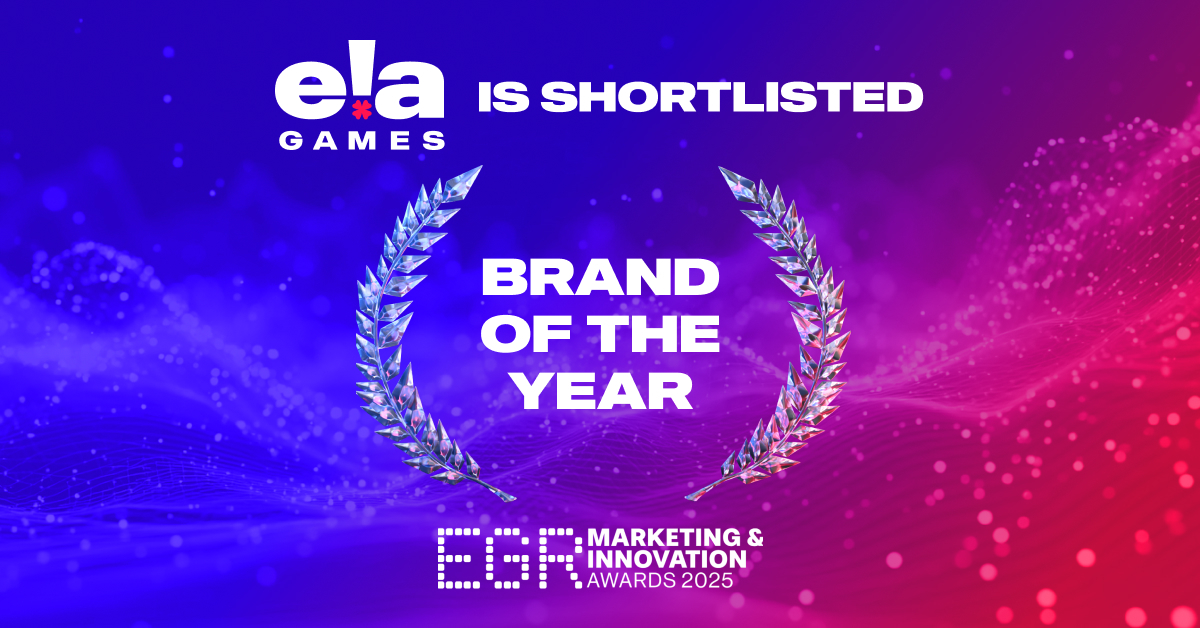
 Latest News2 months ago
Latest News2 months agoELA Games Receives Key Nomination at EGR Marketing & Innovation Awards
-
Latest News3 months ago
ACR POKER’S NEXT HIGH STAKES ADVENTURE TAKES PLAYERS TO MONTENEGRO FOR PRESTIGIOUS SUPER HIGH ROLLER SERIES
-
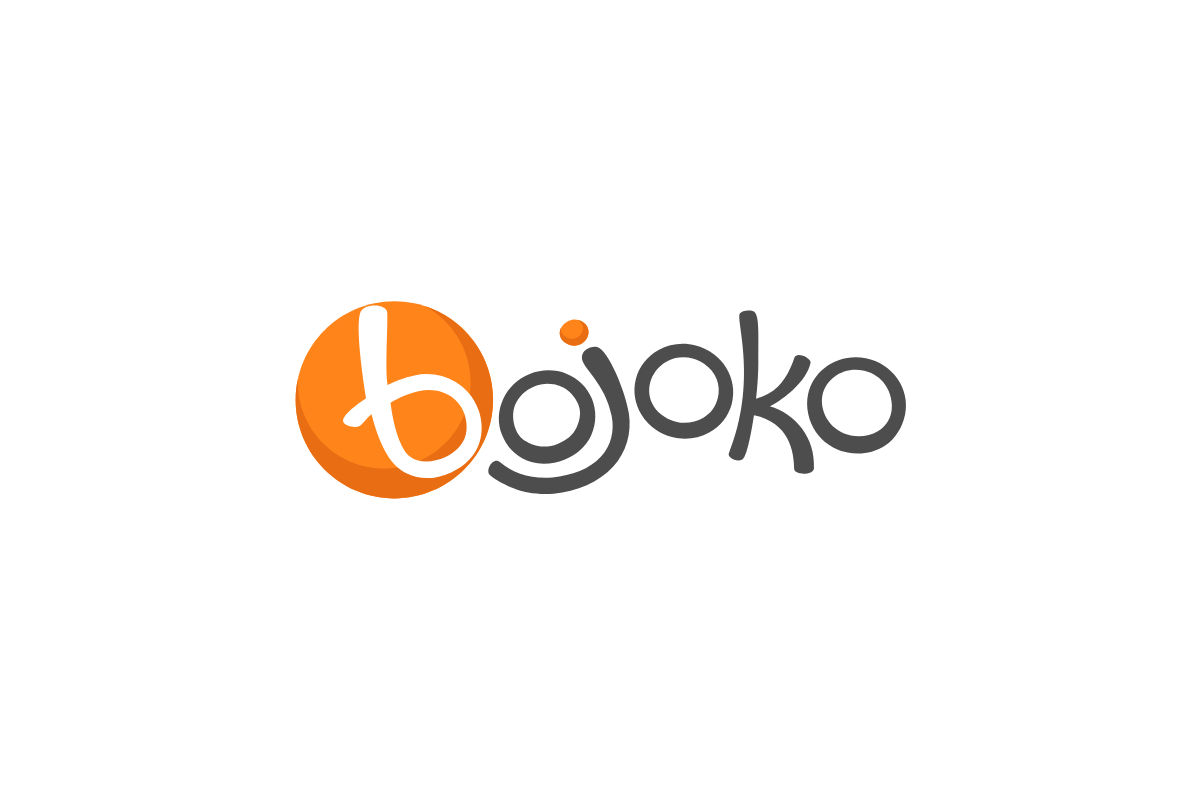
 Latest News3 months ago
Latest News3 months agoBojoko.com Surpasses €100 Million in All-Time Deposits Milestone
-

 Latest News3 months ago
Latest News3 months agoLeoVegas Group to Open a New Office in Leeds
-
Latest News1 month ago
LEGENDS by Fire & Ice: July 1st at The BOX Soho




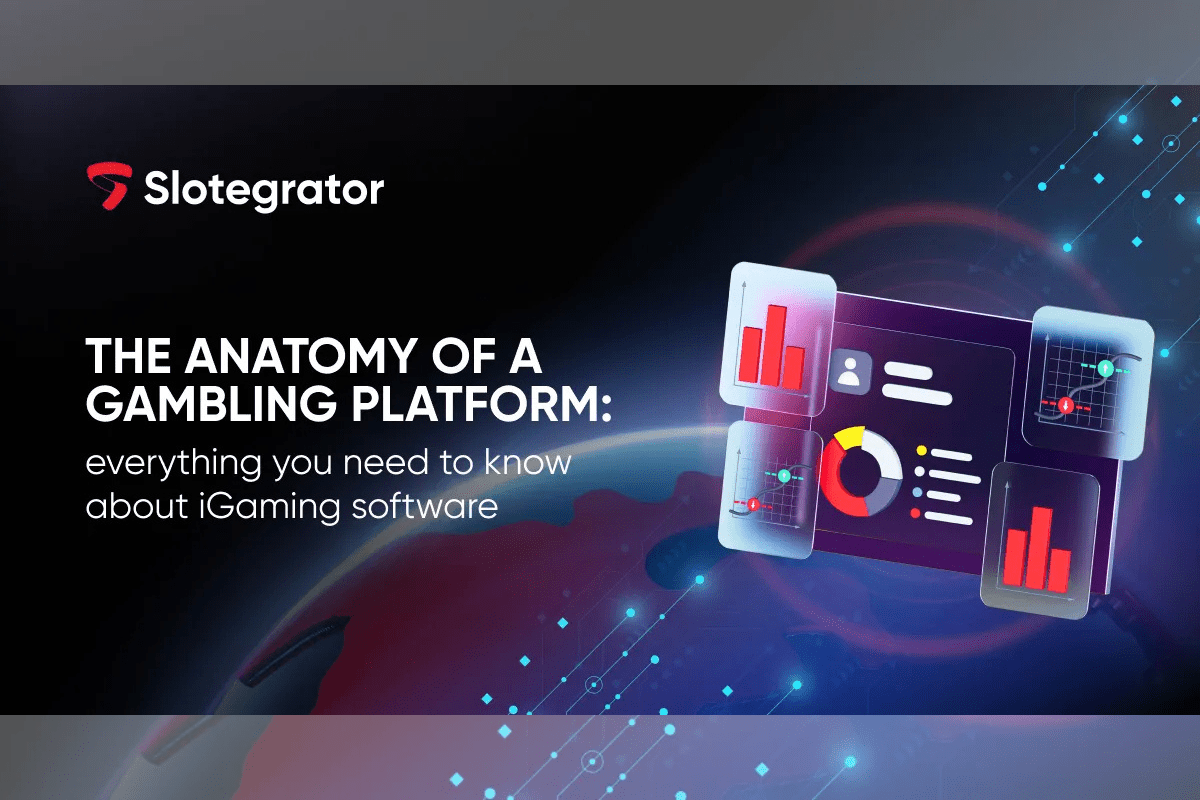
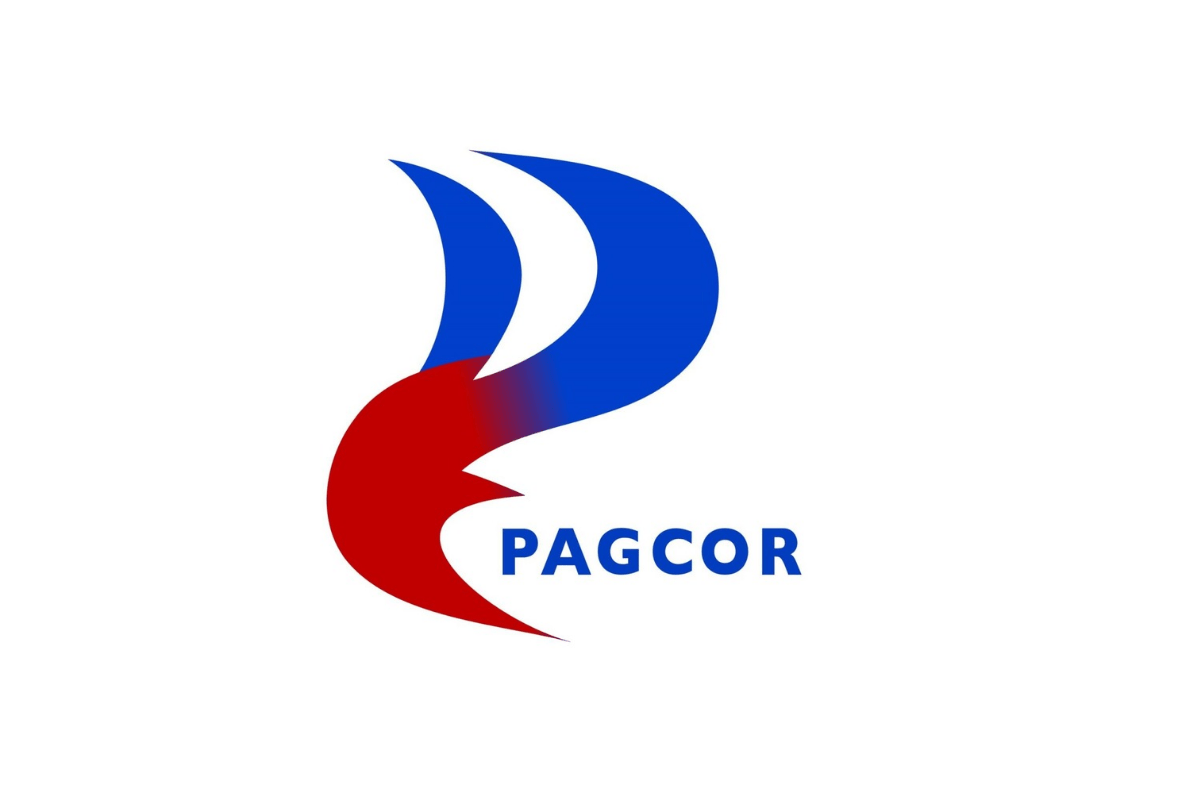

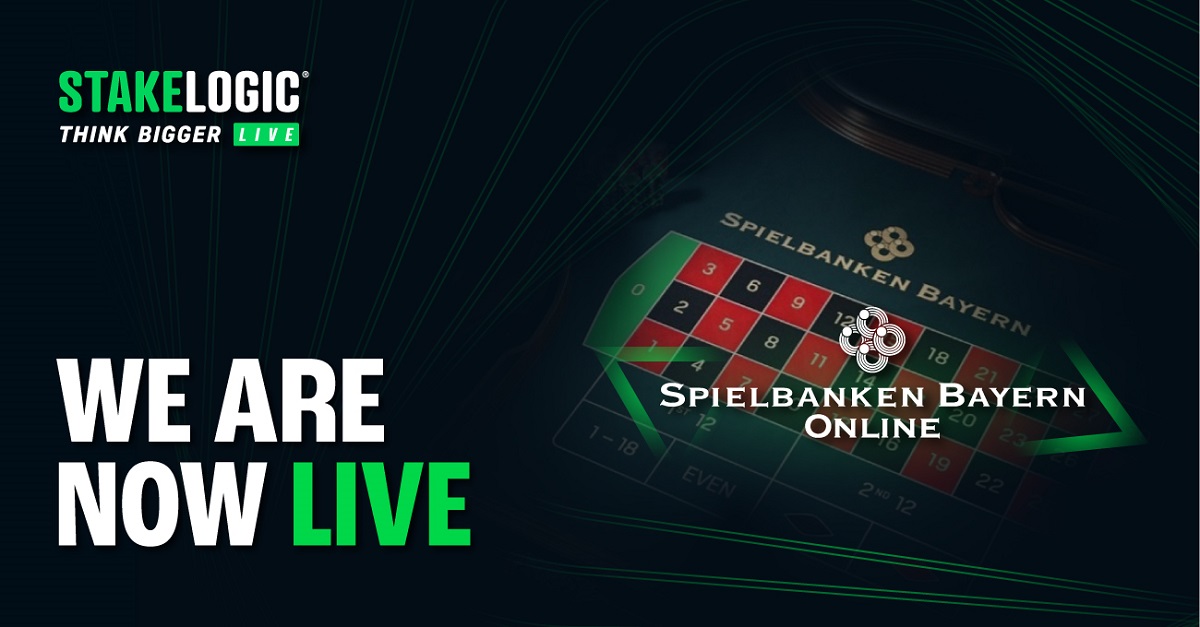

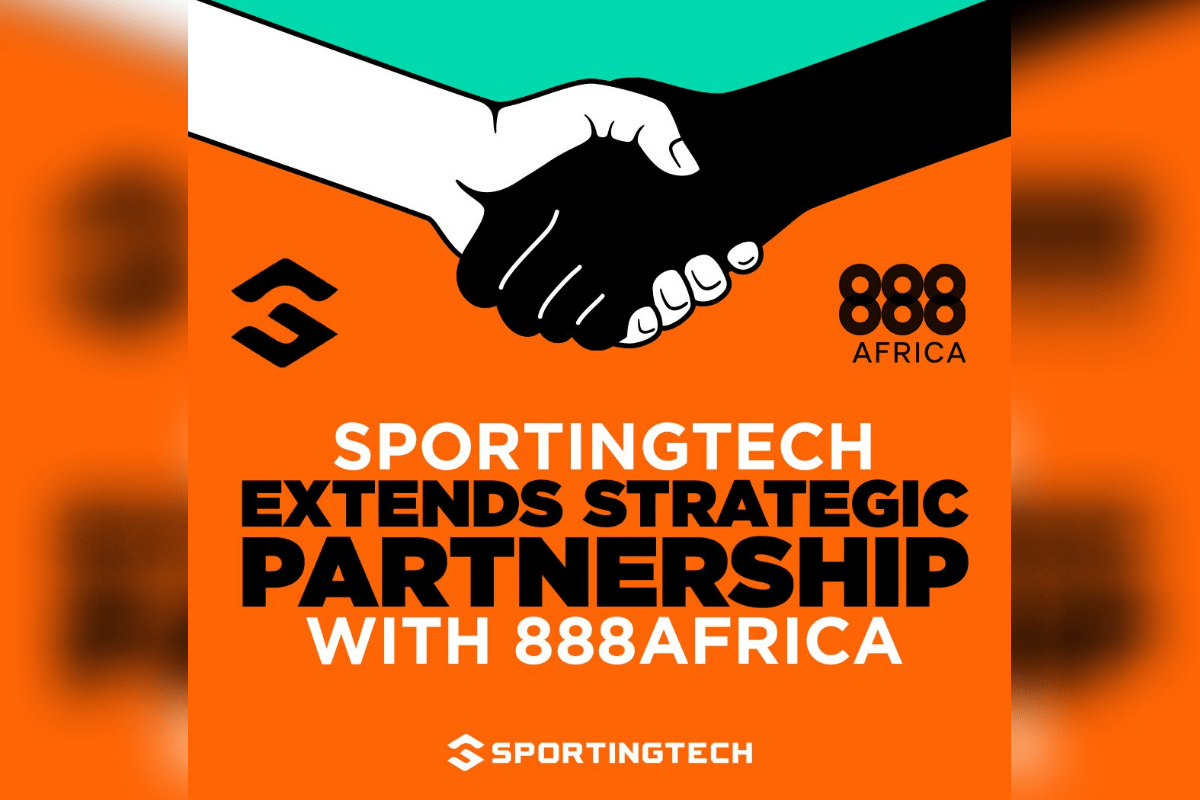
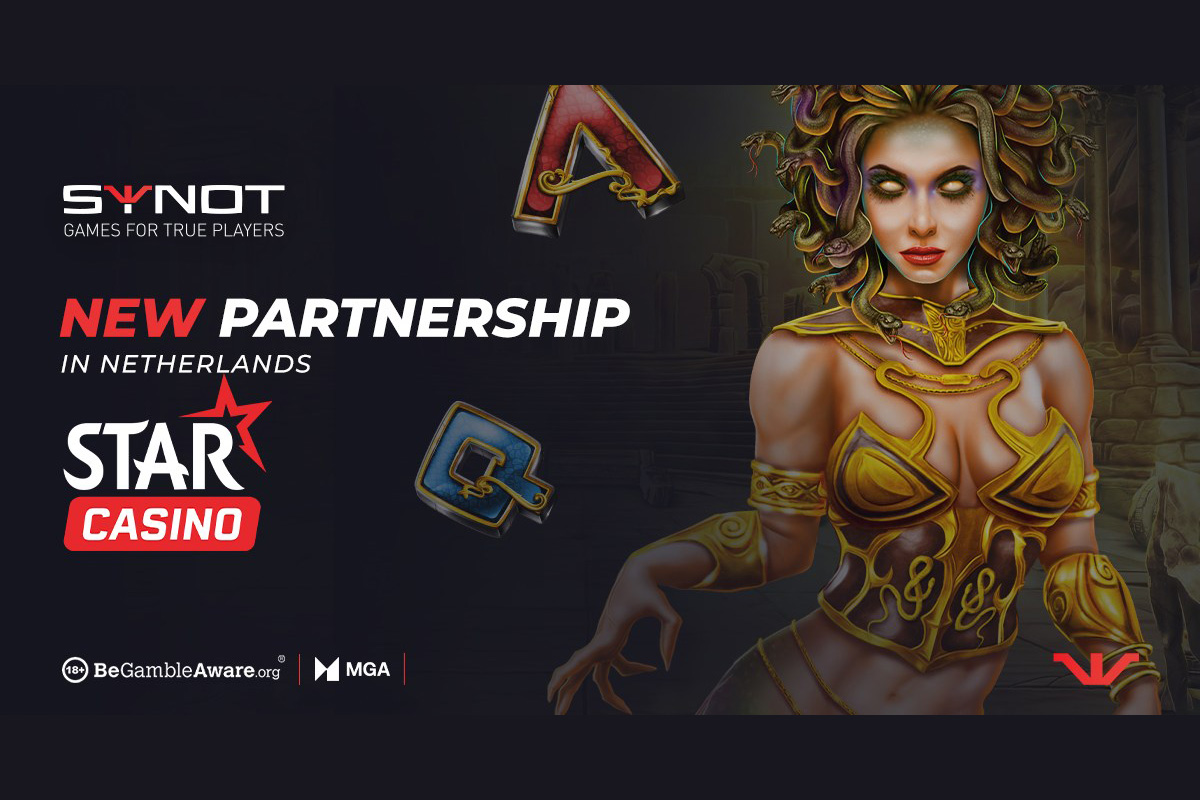
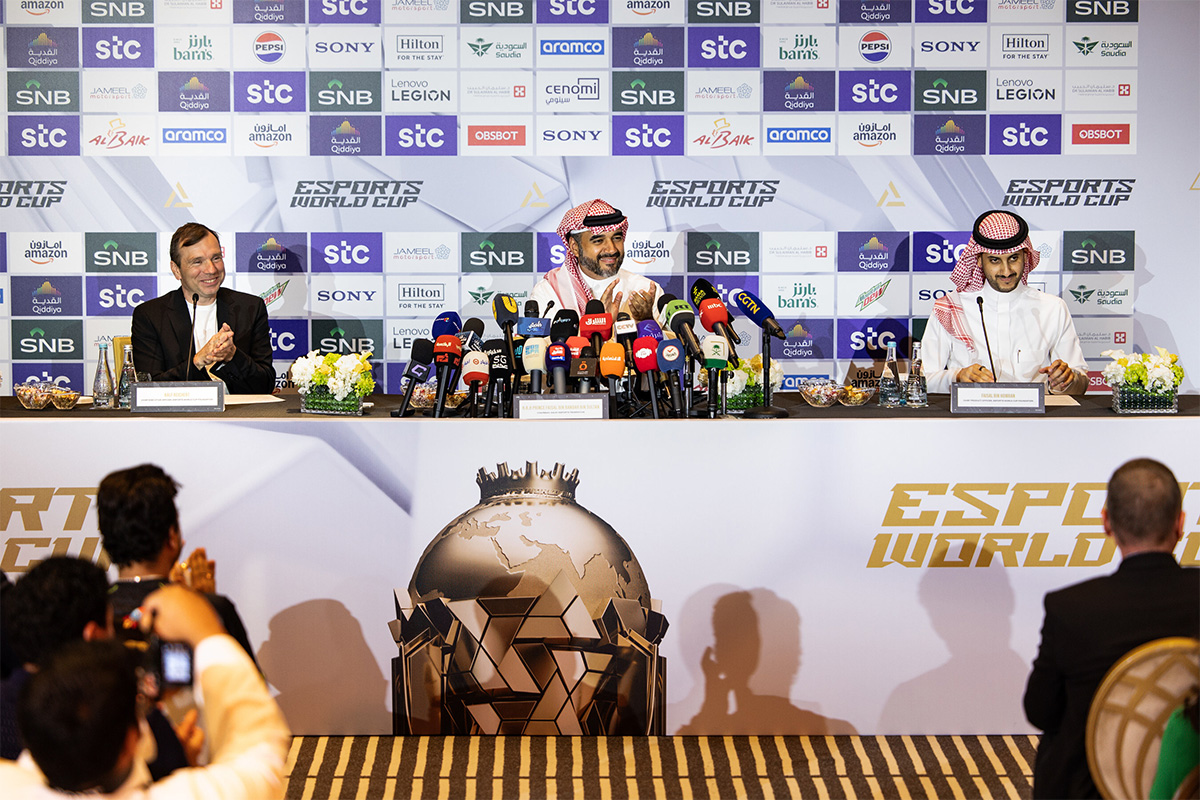
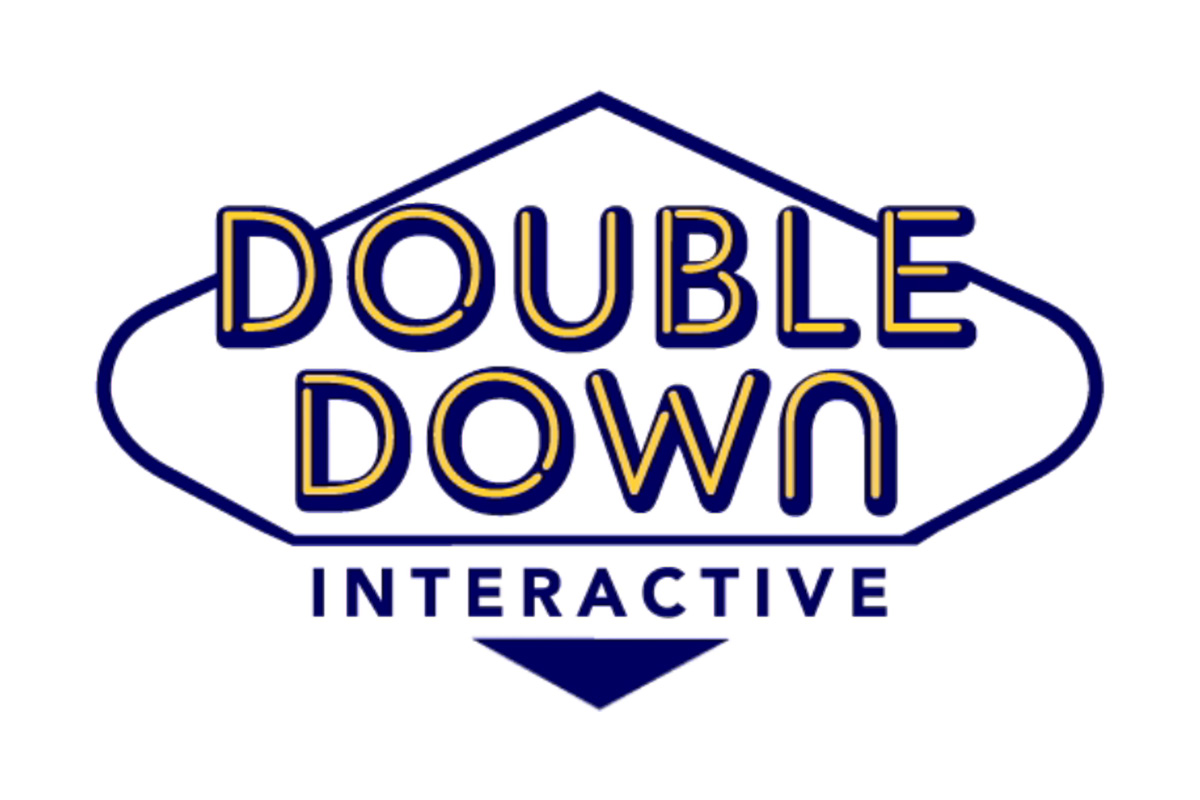
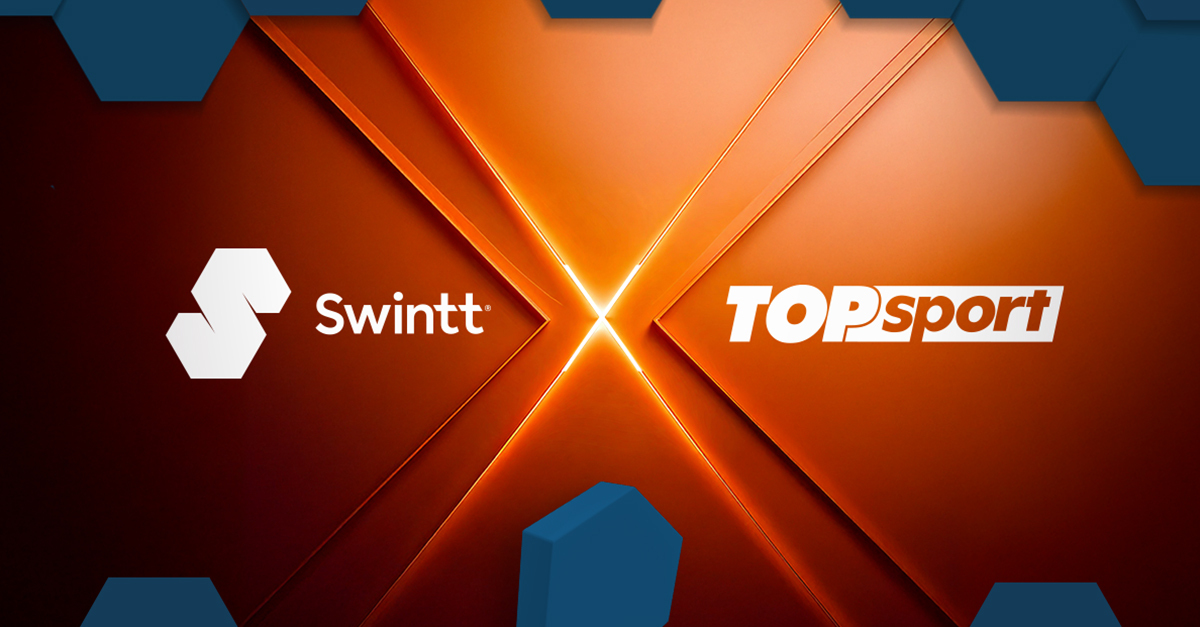
You must be logged in to post a comment Login